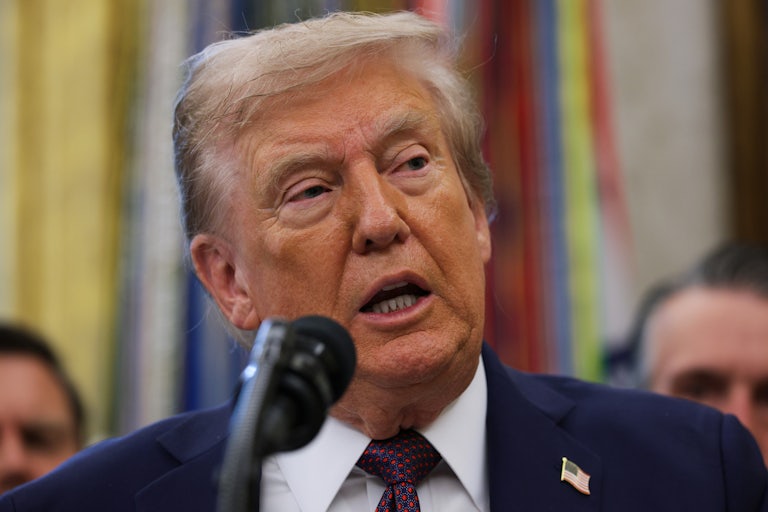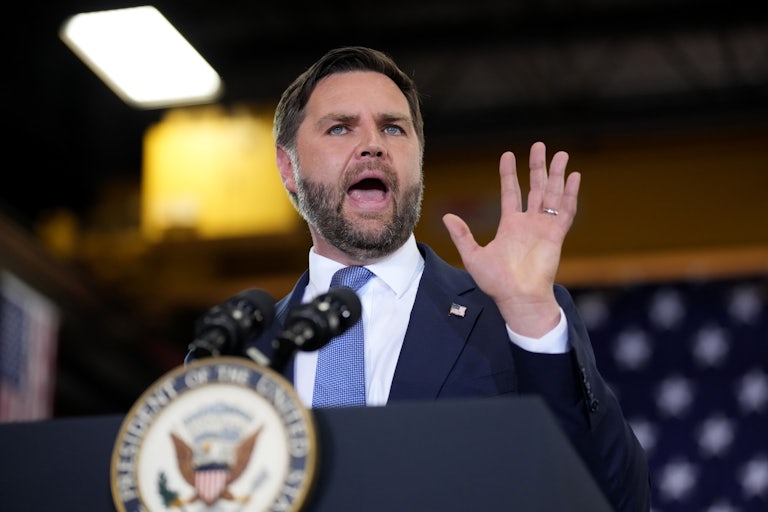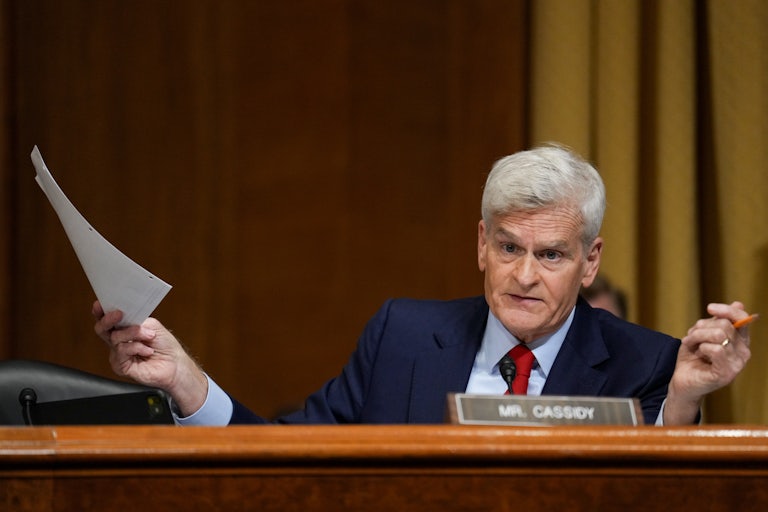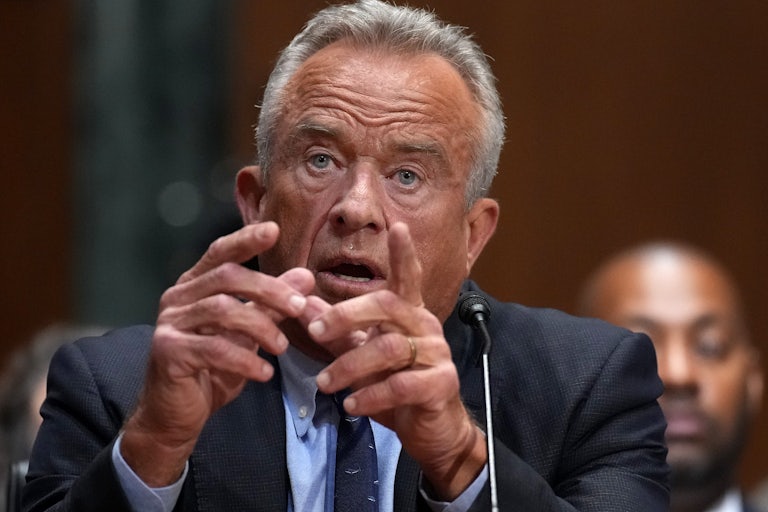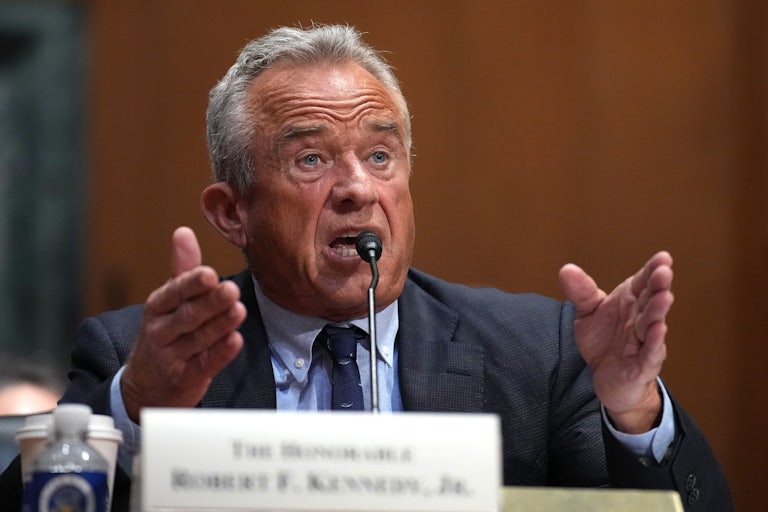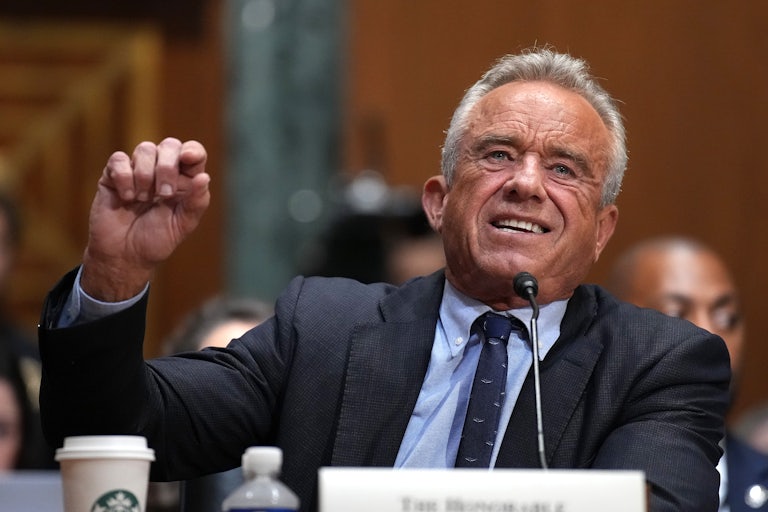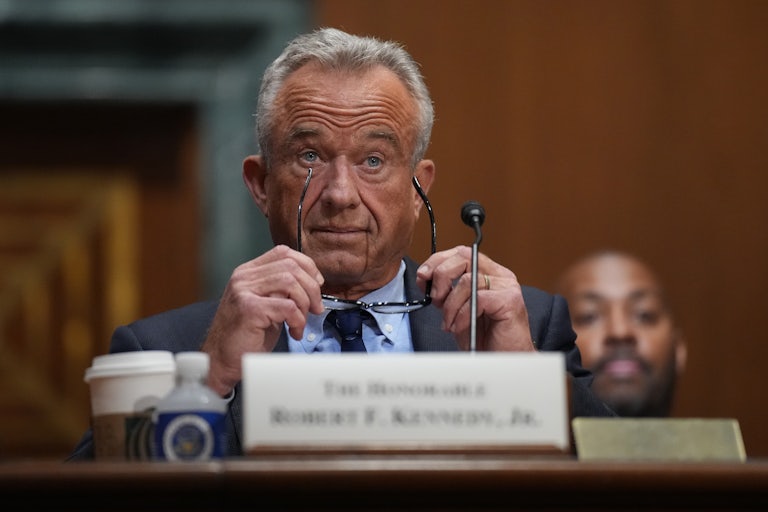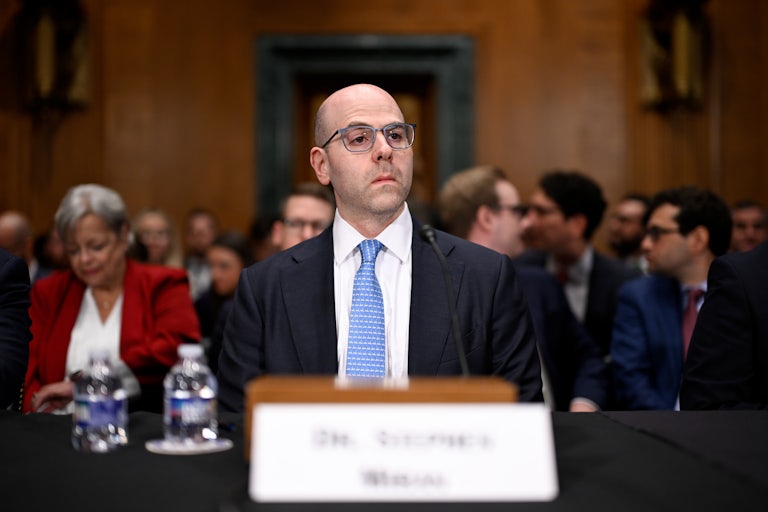Trump’s Fed Pick Makes Stunning Confession About Keeping Two Jobs
Stephen Miran shocked senators on Thursday during a hearing.
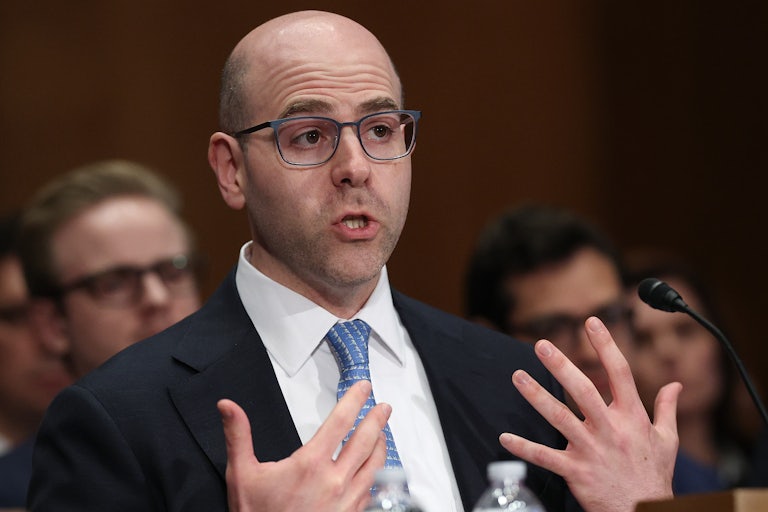
Stephen Miran, President Donald Trump’s nominee for a vacant seat on the Federal Reserve’s Board of Governors, said that he would keep his job at the White House even if he’s confirmed to the Fed.
At a hearing before the Senate Banking, Housing and Urban Affairs Committee on Thursday, Miran said that he planned to take an unpaid leave of absence from the White House, but retain his job. His admission shocked senators, who grilled him about the plan.
“Your independence has already been seriously compromised,” Democratic Senator Jack Reed said. “You are going to be technically an employee of the president of the United States, but an independent member of the board of the Federal Reserve. That’s ridiculous.”
Senator Reed has good reason to be worried. The president would clearly prefer for the Federal Reserve to bend to his whims, rather than serve as an independent body. He’s been pressuring the institution to lower interest rates for months, he’s threatened to sue Fed Chair Jerome Powell, and he’s also attempted to illegally remove Governor Lisa Cook from her position.
Were Miran to be employed by the White House while also serving on the Fed board, the public would likely lose trust in the Fed’s independence. And that could have serious economic consequences—not just in the U.S. but all over the world.
Miran denied accusations that he would act as a political pawn, saying, “If I’m confirmed to this role, I will act independently, as the Federal Reserve always does, based on my own personal analysis of economic data.”
However, his idea of what acting “independently” means is concerning: In 2024, he co-wrote a paper for the Manhattan Institute where he argued that presidential control over the Fed should be increased.
But who knows whether he’ll stick to his recommendations.
He also wrote, “To further insulate board members from the day-to-day political process, they should be prohibited from serving in the executive branch for four years following the end of their term.”
